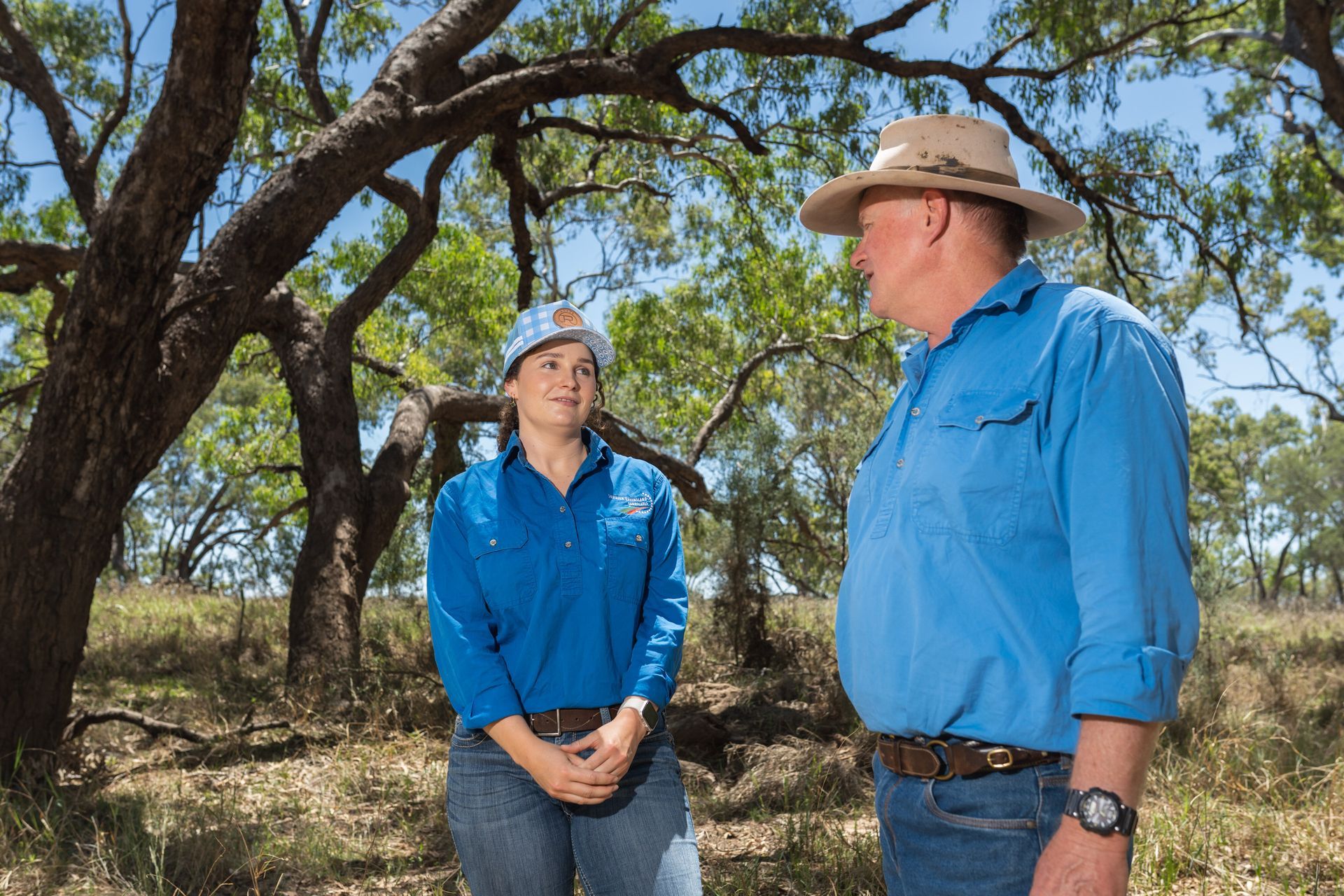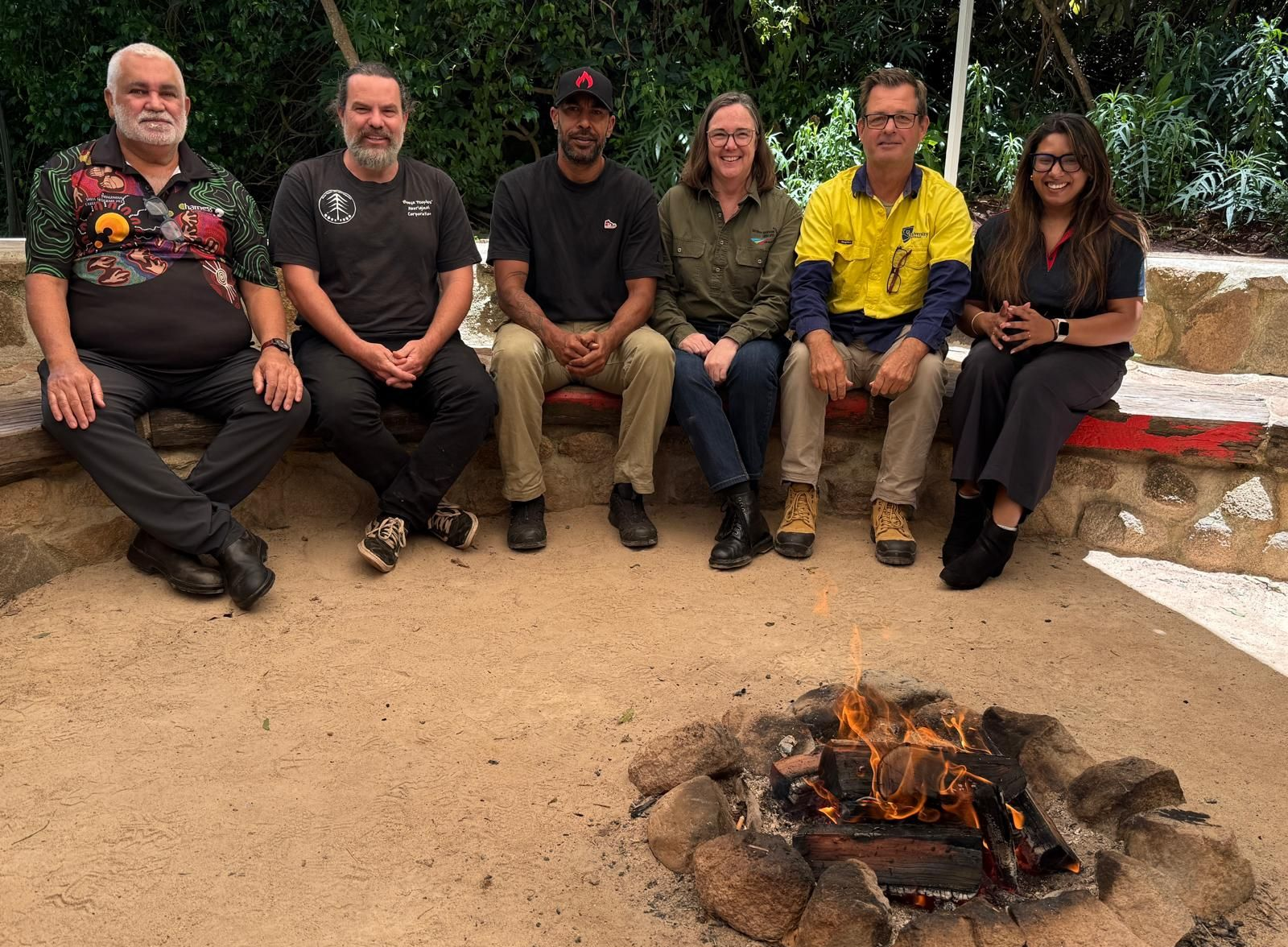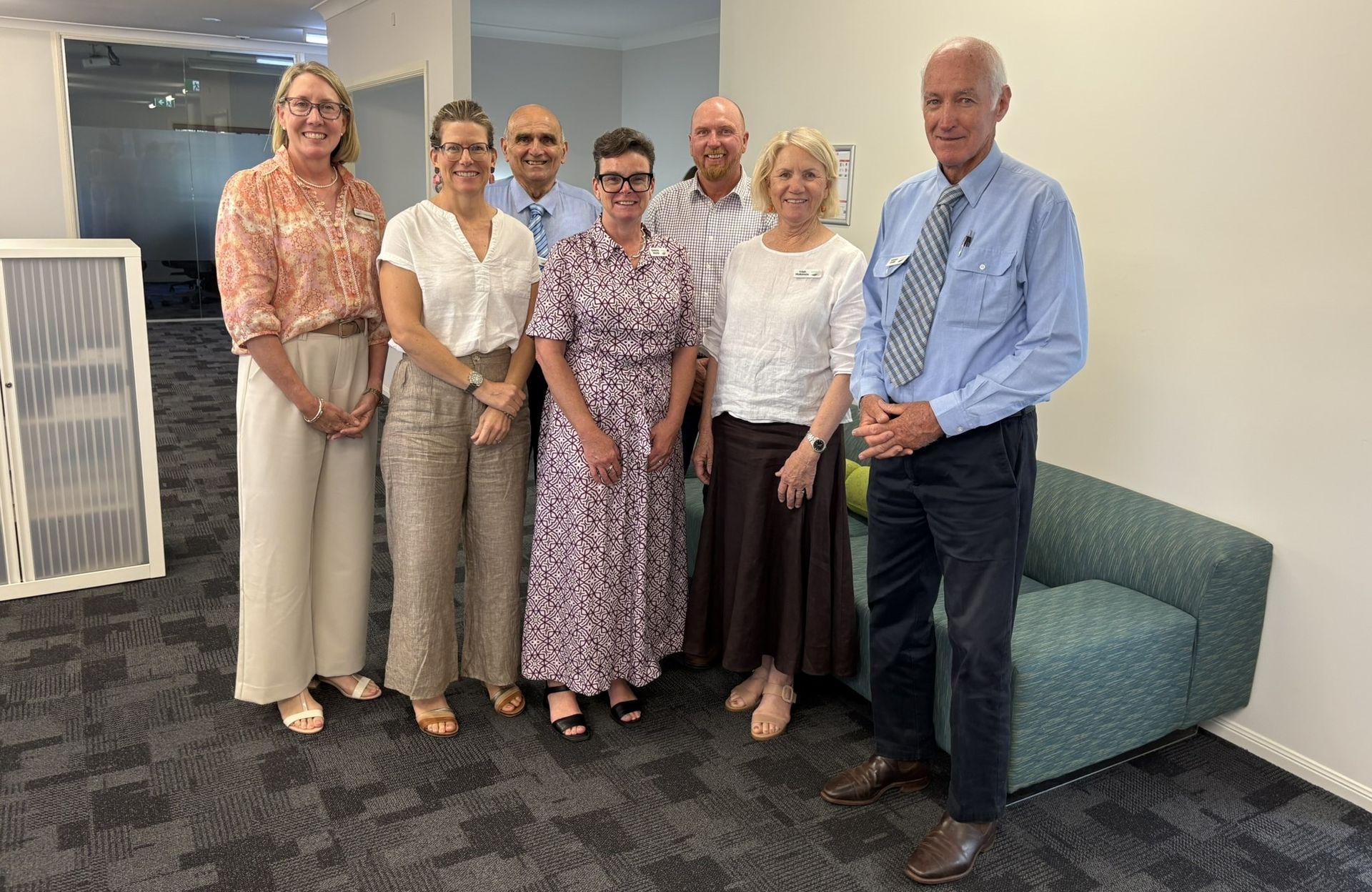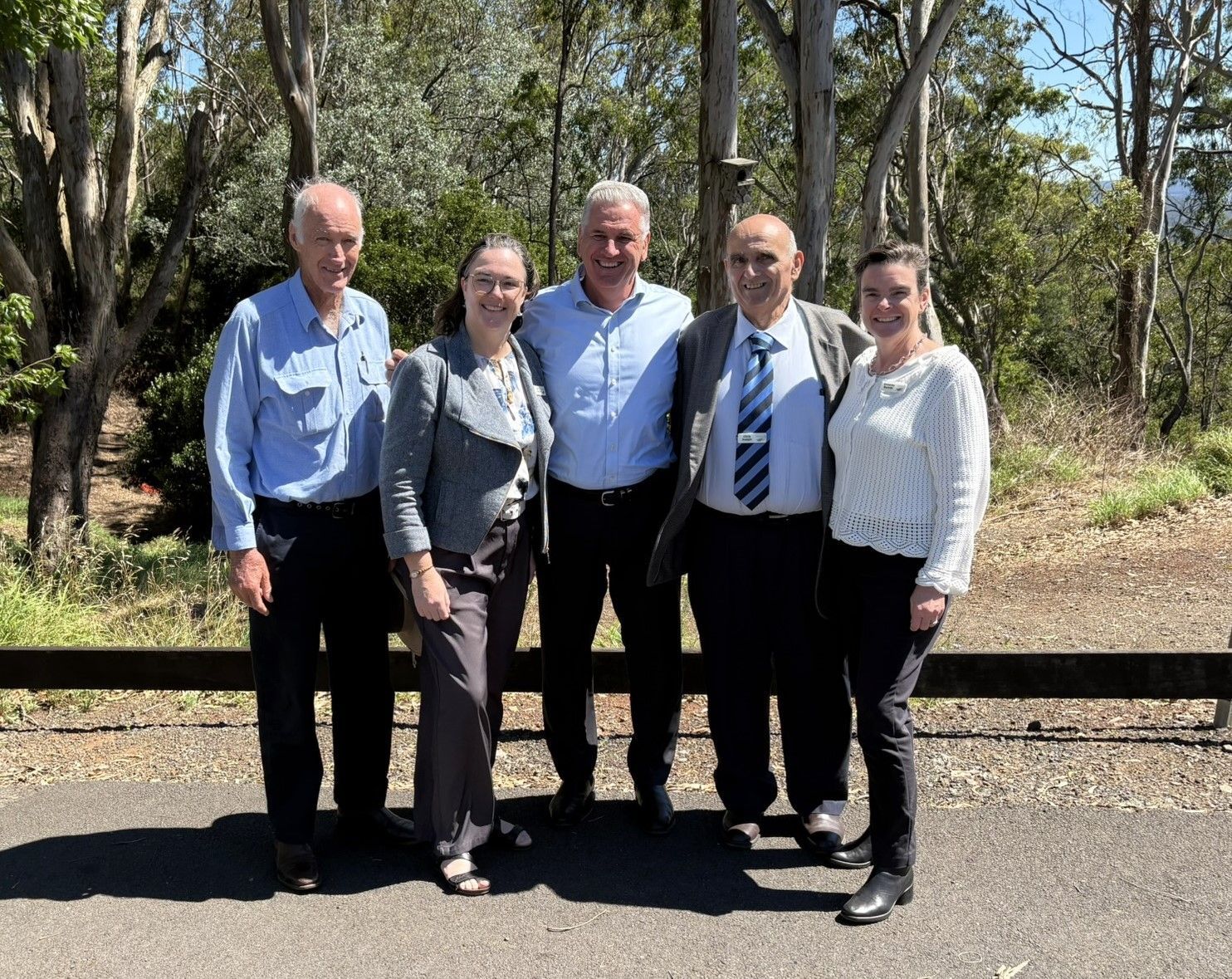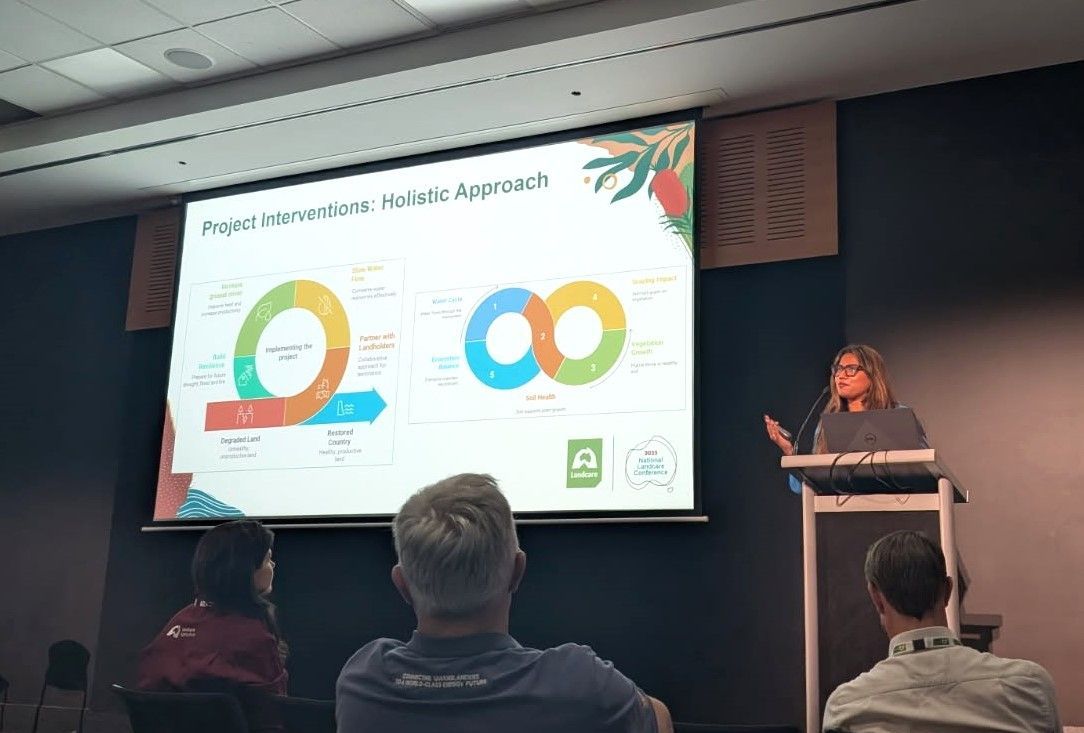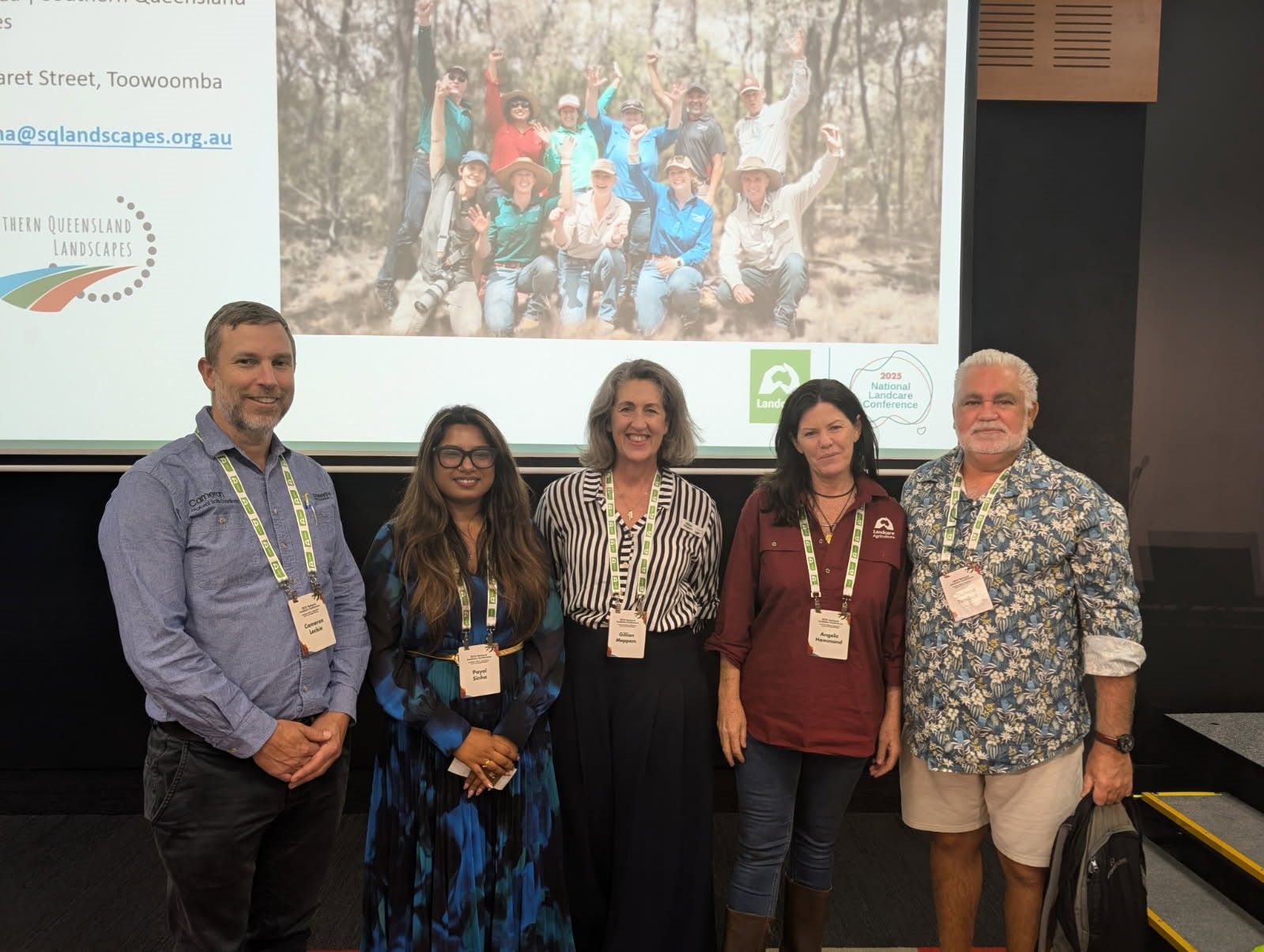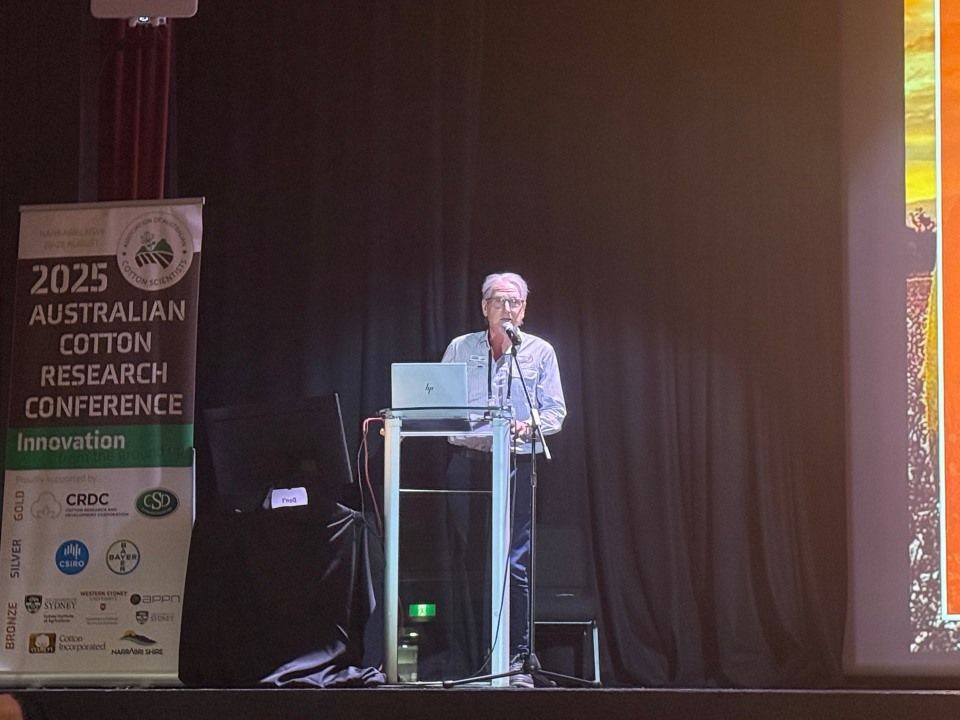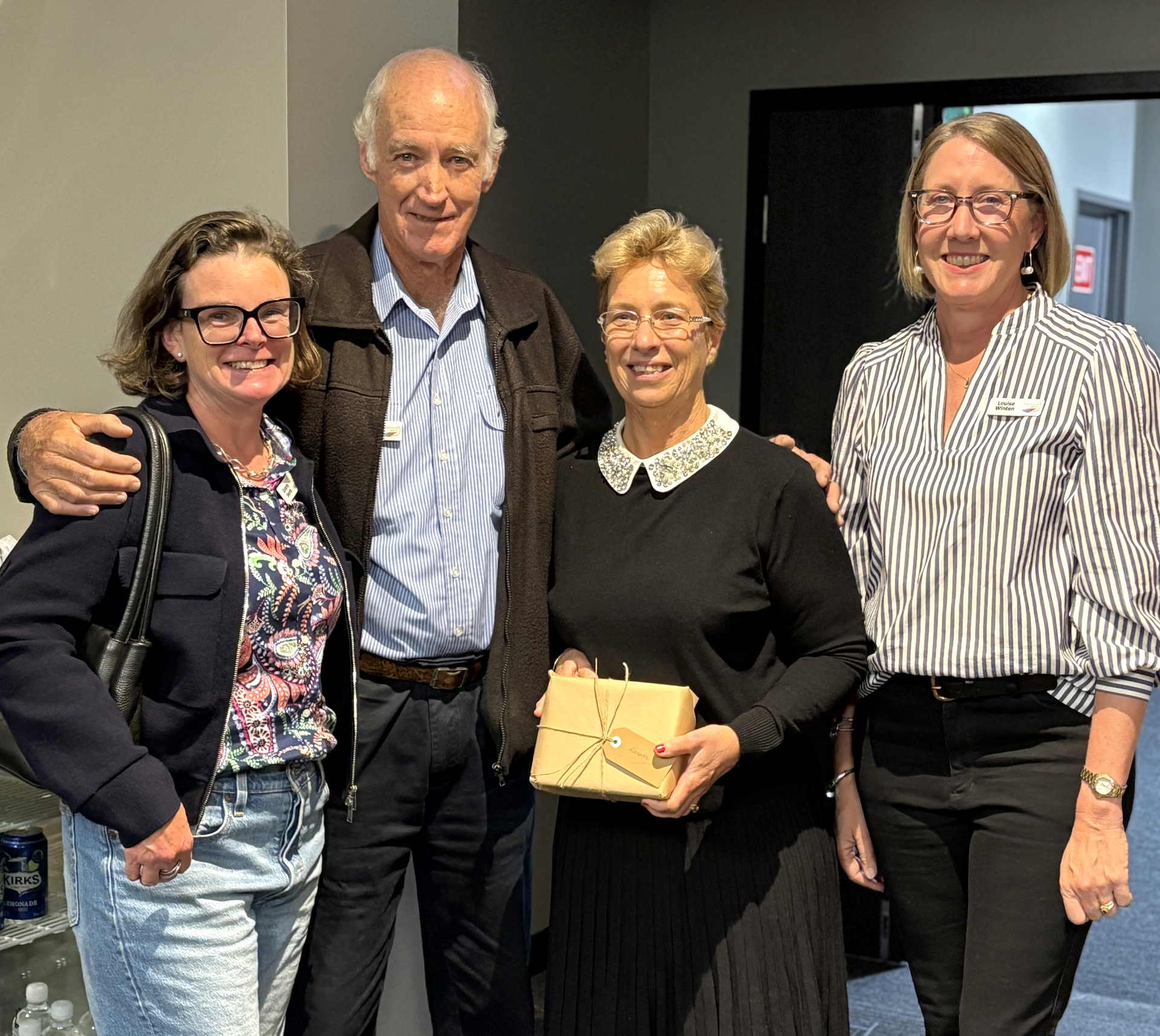A recent survey conducted by Southern Queensland Landscapes and funded by AgriFutures Australia has captured the thoughts, concerns and experiences of land managers regarding carbon farming.
SQ Landscapes Project Delivery Officer, Jayne Thorpe said 43 land managers from throughout Southern Queensland took part in the study with 36 detailed semi-structured interviews yielding in depth and detailed data.
“The majority of people we spoke to were between 45 and 64 years of age and the predominant property size was over 24,000 hectares with cattle production being the primary enterprise,” Jayne Thorpe said.
“About two thirds of land managers interviewed indicated that farming was the main source of their income and about two thirds of respondents were either already signed up to a carbon contract or seemed open to doing so in the future,” Ms Thorpe said.
“In our conversations, both soil and vegetation carbon farming methods were described but almost everyone had some negative views of carbon farming with only half of those interviewed sharing positive views,” she said.
“These responses were then organised into 4 key themes which included Business Risks, Scheme Concerns, Social Impacts and Positive Themes.”
Jayne Thorpe said 95% of people surveyed thought current carbon schemes on offer were very complex and often had conflicting information.
“This really lent itself to those people surveyed mistrusting carbon methodology and 52% of people felt uncertain about the future and nature of carbon farming as a consequence,” Jayne Thorpe said.
“Twenty five percent of respondents also thought there was a real lack of transparency with schemes and that the land manager bore the brunt of the business risk,” Ms Thorpe said.
“They also felt that carbon was not a good investment and that many carbon projects didn’t allow land managers to look after the land in the right way,” she said.
“Plus from a business risk perspective tax offsets, loans and valuations relating to carbon projects were just too difficult to predict.”
From a social perspective survey participants also spoke at length about community related impacts of current carbon projects.
“Forty-seven percent of respondents talked about these vacant homesteads particularly throughout the western Queensland region where properties have just been locked up to carbon projects,” Jayne Thorpe said.
“They also spoke about how some carbon projects rewarded the wrong people, created identity clashes within communities and how everyone has a different story and a different experience in relation to carbon,” Ms Thorpe said.
“On the flipside 50% of respondents believed there were positive benefits beyond income and that carbon projects can be a useful source of additional income that can fit in with existing operations and support succession planning,” she said.
“Further insights into the survey flagged that there is a particular scale required to generate a profitable volume of carbon credits to trade and that managers of small land holdings who want to participate were struggling to find mechanisms to bring their smaller offerings to market.”
In summing up the survey one respondent advised that land managers should ‘really look into carbon farming and what it means for their own place and business, their line of credit and tax debt; and make sure that their solicitor and accountant reviewed all offers and that they provide very clear instructions on how they want carbon farming to fit in with their plans, not the other way around’.
Recommendations on strategies to reverse current negative trends and provide better accessibility to carbon projects by all land managers are currently being assessed and are due for release later this year.
This project is supported by Southern Queensland Landscapes through funding from AgriFutures Australia.
For more information on the Carbon Farming Study
click here.

